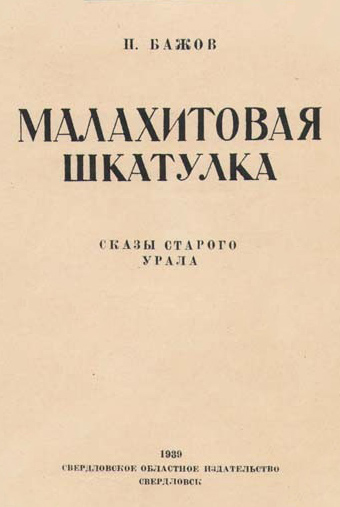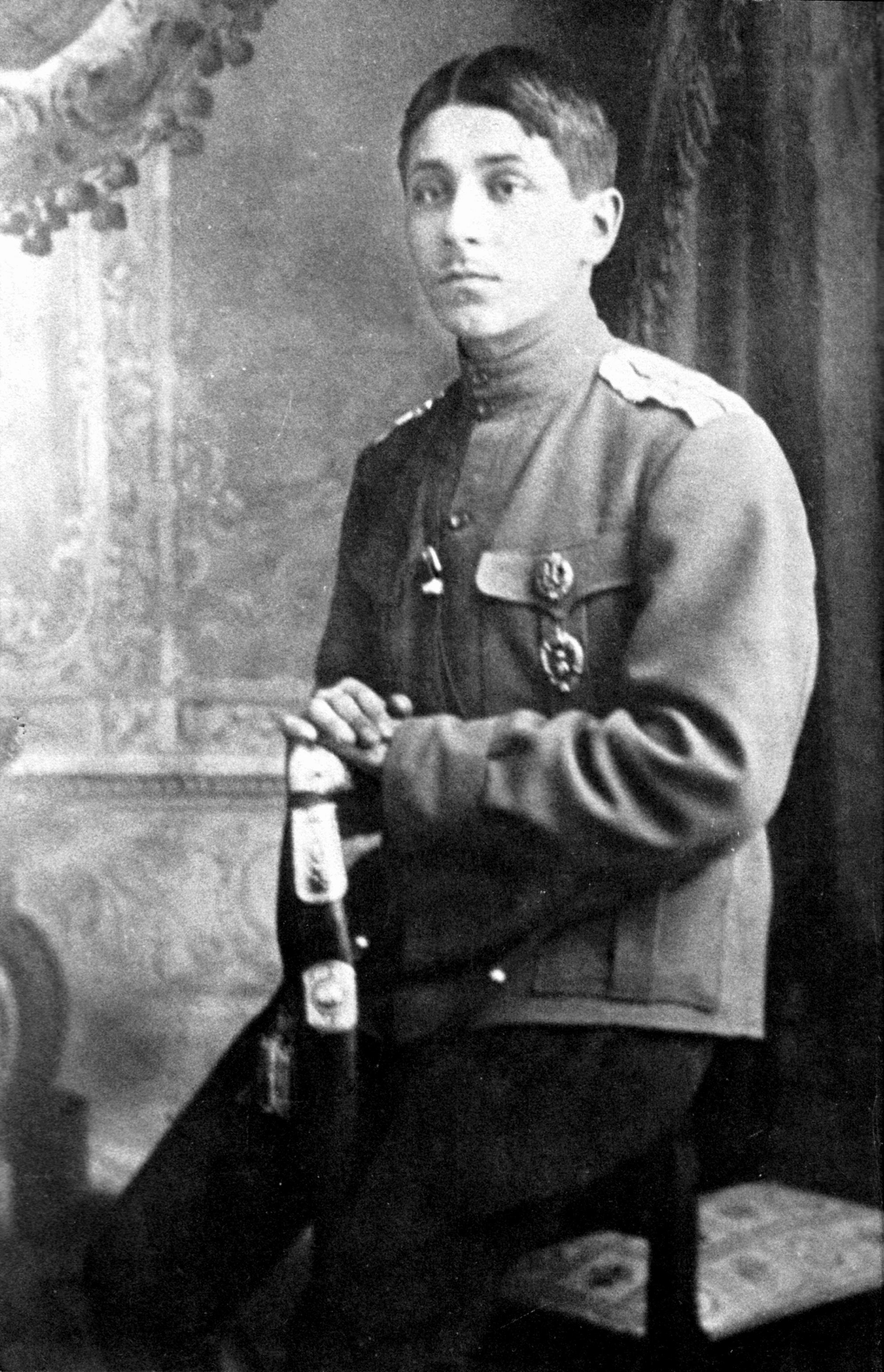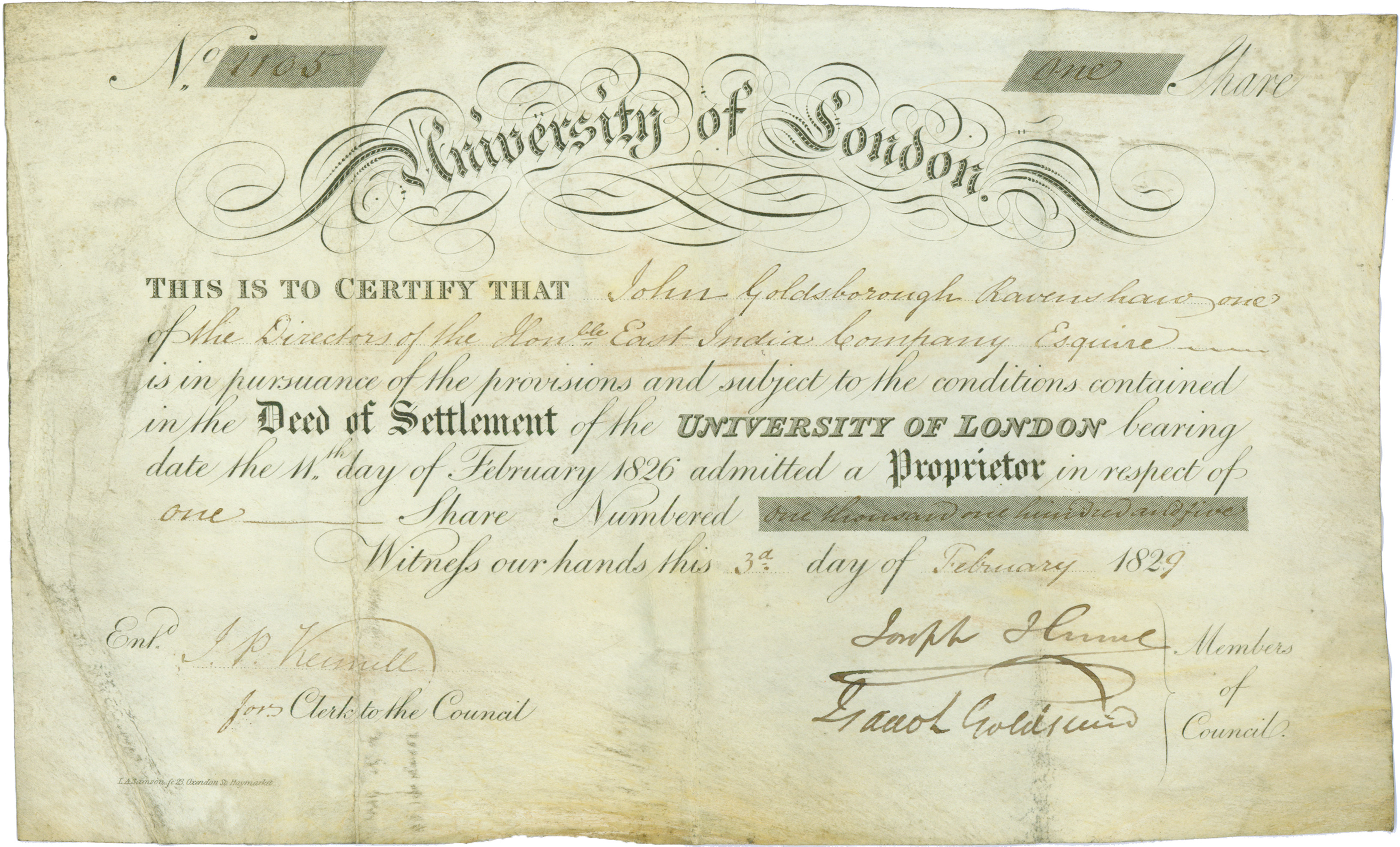|
Skaz
Skaz ( rus, сказ, p=ˈskas) is a Russian oral form of narrative. The word comes from '' skazátʹ'', "to tell", and is also related to such words as ''rasskaz'', "short story" and ''skazka'', "fairy tale". The speech makes use of dialect and slang in order to take on the persona of a particular character. The peculiar speech, however, is integrated into the surrounding narrative, and not presented in quotation marks. Skaz is not only a literary device, but is also used as an element in Russian monologue comedy. Skaz was first described by the Russian formalist Boris Eikhenbaum in the late 1910s. In a couple of articles published at the time, Eikhenbaum described the phenomenon as a form of unmediated or improvisational speech. He applied it specifically to Nikolai Gogol's short story '' The Overcoat'', in a 1919 essay titled ''How Gogol's "Overcoat" Is Made''. Eikhenbaum saw skaz as central to Russian culture, and believed that a national literature could not develop witho ... [...More Info...] [...Related Items...] OR: [Wikipedia] [Google] [Baidu] |
The Malachite Box
''The Malachite Box'' or ''The Malachite Casket'' ( rus, Малахитовая шкатулка, r=Malakhitovaya Shkatulka, p=məlɐˈxʲitəvəjə ʂkɐˈtulkə) is a book of fairy tales (''skazka'') and Folklore, folk tales (also known as ''skaz'') of the Ural (region), Ural region of Russia compiled by Pavel Bazhov and published from 1936 to 1945. It is written in contemporary language and blends elements of everyday life with fantastic characters. It was awarded the State Stalin Prize, Stalin prize in 1942. Bazhov's stories are based on the Oral tradition, oral lore of the miners and gold prospectors. The first edition of ''The Malachite Box'' was published on 28 January 1939. It consisted of 14 stories and an introduction, which contained some information about the life, industry and culture of the Urals and which the author tried to include into every edition of the collection. Later versions contained more than 40 stories. Not all stories are equally popular nowadays. The m ... [...More Info...] [...Related Items...] OR: [Wikipedia] [Google] [Baidu] |
Nikolai Leskov
Nikolai Semyonovich Leskov (; – ) was a Russian novelist, short-story writer, playwright, and journalist, who also wrote under the pseudonym M. Stebnitsky. Praised for his unique writing style and innovative experiments in form, and held in high esteem by Leo Tolstoy, Anton Chekhov and Maxim Gorky among others, Leskov is credited with creating a comprehensive picture of contemporary Russian society using mostly short literary forms. His major works include ''Lady Macbeth of the Mtsensk District (novella), Lady Macbeth of Mtsensk'' (1865), which was later made into an Lady Macbeth of the Mtsensk District (opera), opera by Dmitri Shostakovich, Shostakovich); ''The Cathedral Folk'' (1872); ''The Enchanted Wanderer'' (1873); and "The Tale of Cross-eyed Lefty from Tula and the Steel Flea" (1881). Leskov received his formal education at the Oryol Lyceum#Russia, Lyceum. In 1847 Leskov joined the Oryol criminal court office, later transferring to Kiev, where he worked as a clerk, ... [...More Info...] [...Related Items...] OR: [Wikipedia] [Google] [Baidu] |
Pavel Bazhov
Pavel Petrovich Bazhov (; 27 January 1879 – 3 December 1950) was a Russian writer and publicist. Bazhov is best known for his collection of fairy tales '' The Malachite Box'', based on Ural folklore and published in the Soviet Union in 1939. In 1944, a translation of the collection into English was published in New York City and London. Later Sergei Prokofiev created the ballet '' The Tale of the Stone Flower'' based on one of the tales. Bazhov was also the author of several books on the Russian Revolution and the Civil War. Yegor Gaidar, who served as Prime Minister of Russia, was his grandson. Early life Bazhov was born in Sysert, a town in the Urals. His father Pyotr Bazhov was the master of the welding shop of the Sysert Steel Plant. His family, like most in factory towns, struggled to make ends meet and had virtually no political power in Czarist Russia. From these beginnings, Bazhov found a calling in public service. Between 1889 and 1893 he studied in a religiou ... [...More Info...] [...Related Items...] OR: [Wikipedia] [Google] [Baidu] |
Mikhail Zoshchenko
Mikhail Mikhailovich Zoshchenko (; – 22 July 1958) was a Soviet and Russian writer and satirist. Biography Zoshchenko was born in 1894, in Saint Petersburg, Russia, according to his 1953 autobiography. Other sources suggest that he was born in Poltava, in present-day Ukraine. His Ukrainian father was an artist and a mosaicist responsible for the exterior decoration of the Suvorov Museum in Saint Petersburg.Zoshchenko, M. (1963) ''Nervous People and Other Satires'', ed. Hugh McLean, trans. Maria Gordon and Hugh McLean, London. Introduction, p. viii His mother was Russian. Zoshchenko attended the Faculty of Law at the Saint Petersburg University, but did not graduate due to financial problems. During World War I, Zoshchenko served in the army as a field officer, was wounded in action several times, and was heavily decorated. In 1919, during the Russian Civil War, he served for several months in the Red Army before being discharged for health reasons. He was associated wit ... [...More Info...] [...Related Items...] OR: [Wikipedia] [Google] [Baidu] |
Nikolai Gogol
Nikolai Vasilyevich Gogol; ; (; () was a Russian novelist, short story writer, and playwright of Ukrainian origin. Gogol used the Grotesque#In literature, grotesque in his writings, for example, in his works "The Nose (Gogol short story), The Nose", "Viy (story), Viy", "The Overcoat", and "Nevsky Prospekt (story), Nevsky Prospekt". These stories, and others such as "Diary of a Madman (Nikolai Gogol), Diary of a Madman", have also been noted for their Proto-Surrealism, proto-surrealist qualities. According to Viktor Shklovsky, Gogol used the technique of defamiliarization when a writer presents common things in an unfamiliar or strange way so that the reader can gain new perspectives and see the world differently. His early works, such as ''Evenings on a Farm Near Dikanka'', were influenced by his Ukrainian upbringing, Ukrainian culture and Ukrainian folklore, folklore. His later writing satirised political corruption in contemporary Russian Empire, Russia (''The Government I ... [...More Info...] [...Related Items...] OR: [Wikipedia] [Google] [Baidu] |
Aleksey Remizov
Aleksey Mikhailovich Remizov (; in Moscow – 26 November 1957 in Paris) was a Russian modernist writer whose creative imagination veered to the fantastic and bizarre. Apart from literary works, Remizov was an expert calligrapher who sought to revive this visual art in Russia. Biography Remizov was reared in the merchant milieu of Moscow. As a student of the Moscow University, he was involved in the radical politics and spent eight years in prison and Siberian exile. At that time, he developed a keen interest in Russian folklore and married a student of ancient Russian art, who brought him in contact with the Roerichs. In 1905, he settled in Saint Petersburg and started to imitate medieval folk tales. His self-professed ambition was to catch "the bitterness and absurdity of folklore imagination". Remizov's whimsical stylizations of the saints' lives were ignored at first, partly due to their florid and turgid language, but his more traditional prose works set in the underworl ... [...More Info...] [...Related Items...] OR: [Wikipedia] [Google] [Baidu] |
The Overcoat
"The Overcoat" (, translit. Shinyél’; sometimes translated as "The Cloak" or "The Mantle") is a short story by Nikolai Gogol, published in 1842. The story has had a great influence on Russian literature. Eugène-Melchior de Vogüé, discussing Russian realist writers, said: "We all came out from under Gogol's Overcoat" (a quote often misattributed to Dostoevsky). Writing in 1941, Vladimir Nabokov described "The Overcoat" as "The greatest Russian short story ever written". Plot The story narrates the life and death of titular councillor Akaky Akakievich Bashmachkin (Russian: Акакий Акакиевич Башмачкин), an impoverished government clerk and copyist in the Russian capital of St. Petersburg. Although Akaky is dedicated to his job, he is little recognized in his department for his hard work. Instead, the younger clerks tease him and attempt to distract him whenever they can. His threadbare overcoat is often the butt of their jokes. Akaky decide ... [...More Info...] [...Related Items...] OR: [Wikipedia] [Google] [Baidu] |
Vernon God Little
''Vernon God Little'' (2003) is a novel by DBC Pierre. It was his debut novel and won the Man Booker Prize in 2003. It has twice been adapted as a stage play. Plot synopsis The life of Vernon Little, a normal teenager who lives in Martirio, Texas, falls apart when his best friend, Jesus Navarro, murders their classmates in the schoolyard before killing himself, and Vernon is taken in for questioning. He cooperates with Deputy Vaine Gurie, because he had been running an errand for a teacher, Mr Nuckles, and is not involved in the massacre. The perception of Vernon's innocence weakens when his Mom's best friend, the food-obsessed Palmyra (Pam) arrives and, against Vernon's better judgment, whisks him off to Bar-B-Chew Barn, allowing the police to claim he is a flight risk. Eulalio ("Lally") Ledesma, supposedly a CNN reporter, ingratiates himself to Vernon's mother, Doris, and promises to help Vernon "shift the paradigm" of his story. Instead, Lally betrays Vernon, who is returne ... [...More Info...] [...Related Items...] OR: [Wikipedia] [Google] [Baidu] |
The Guardian
''The Guardian'' is a British daily newspaper. It was founded in Manchester in 1821 as ''The Manchester Guardian'' and changed its name in 1959, followed by a move to London. Along with its sister paper, ''The Guardian Weekly'', ''The Guardian'' is part of the Guardian Media Group, owned by the Scott Trust Limited. The trust was created in 1936 to "secure the financial and editorial independence of ''The Guardian'' in perpetuity and to safeguard the journalistic freedom and liberal values of ''The Guardian'' free from commercial or political interference". The trust was converted into a limited company in 2008, with a constitution written so as to maintain for ''The Guardian'' the same protections as were built into the structure of the Scott Trust by its creators. Profits are reinvested in its journalism rather than distributed to owners or shareholders. It is considered a newspaper of record in the UK. The editor-in-chief Katharine Viner succeeded Alan Rusbridger in 2015. S ... [...More Info...] [...Related Items...] OR: [Wikipedia] [Google] [Baidu] |
DBC Pierre
Peter Warren Finlay (born in 1961), also known as DBC Pierre, is an Australian author who wrote the novel '' Vernon God Little''. Pierre was born in South Australia, and largely raised in Mexico. He has resided in the Republic of Ireland and now, according to an August 2020 interview in ''The Guardian'', lives in Cambridgeshire.. Pierre was awarded the 2003 Man Booker Prize for ''Vernon God Little'', his first novel, becoming the third Australian-born author to be so honoured. Upon winning the Whitbread First Novel Award in 2003 he became the first writer to receive a Man Booker and a Whitbread for the same book. The book also won the Bollinger Wodehouse Everyman Prize for comic literature at the Hay Festival in 2003, and earned the author a James Joyce Award from the Literary and Historical Society of University College Dublin. Early life Born in Old Reynella, South Australia, where his father was lecturing in genetics at the University of Adelaide, Pierre had, by the ... [...More Info...] [...Related Items...] OR: [Wikipedia] [Google] [Baidu] |
The Catcher In The Rye
''The Catcher in the Rye'' is the only novel by American author J. D. Salinger. It was partially published in serial form in 1945–46 before being novelized in 1951. Originally intended for adults, it is often read by adolescents for its themes of angst and alienation, and as a critique of superficiality in society. The novel also deals with themes of innocence, identity, belonging, loss, connection, sex, and depression. The main character, Holden Caulfield, has become an icon for teenage rebellion. Caulfield, nearly of age, gives his opinion on a wide variety of topics as he narrates his recent life events. ''The Catcher in the Rye'' has been translated widely. About one million copies are sold each year, with total sales of more than 65 million books. The novel was included on ''Time''s 2005 list of the 100 best English-language novels written since 1923, and it was named by Modern Library and its readers as one of the 100 best English-language novels of the 20th cent ... [...More Info...] [...Related Items...] OR: [Wikipedia] [Google] [Baidu] |
University College London
University College London (Trade name, branded as UCL) is a Public university, public research university in London, England. It is a Member institutions of the University of London, member institution of the Federal university, federal University of London, and is the second-largest list of universities in the United Kingdom by enrolment, university in the United Kingdom by total enrolment and the largest by postgraduate enrolment. Established in 1826 as London University (though without university degree-awarding powers) by founders who were inspired by the radical ideas of Jeremy Bentham, UCL was the first university institution to be established in London, and the first in England to be entirely secular and to admit students regardless of their religion. It was also, in 1878, among the first university colleges to admit women alongside men, two years after University College, Bristol, had done so. Intended by its founders to be Third-oldest university in England debate ... [...More Info...] [...Related Items...] OR: [Wikipedia] [Google] [Baidu] |





